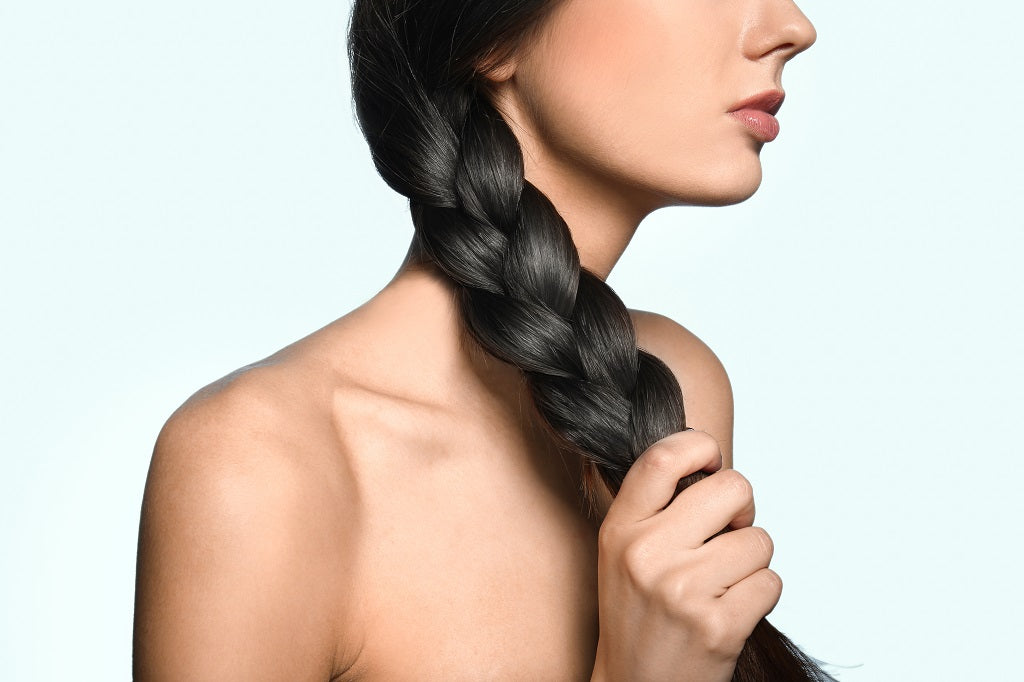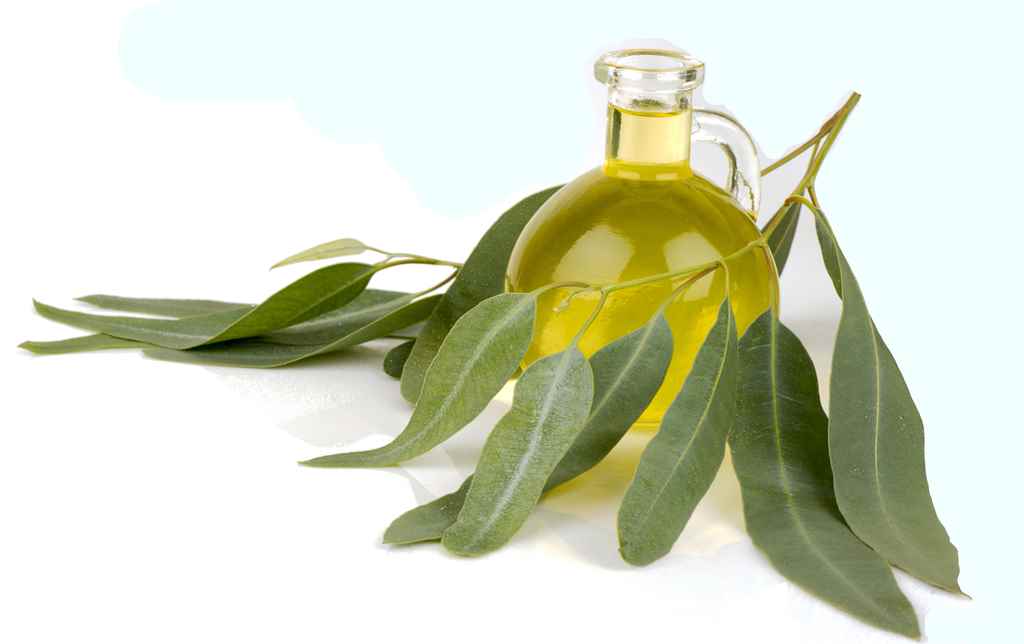What is Aromatherapy?
Aromatherapy, also called as essential oil therapy is a therapeutic holistic healing procedure which has been used for over 6000 years now. When essential oils were first discovered, their benefits with respect to improving a person's physical and mental health were not well known. However, with time, the use of different essential oils to target different ailments as well as their use in aromatherapy has become more popular.
Facts About Aromatherapy
The foundation of Aromatherapy is the use of different essential oils. These oils are commonly either by-products of vegetable raw materials, plant parts or citrus fruits. Since the oils are obtained by processes such as distillation, they are said to be extremely potent and have varying degrees of antimicrobial activity. This leads to the belief that many essential oils have antioxidant, antifungal and antiviral properties.
The act of aromatherapy application can be done in different ways. Some common methods include topical applications, massages and inhalation. Aromatherapy through inhalation uses essentials oils in a diffuser or a steam bath. The evaporated oil droplets not only provide a pleasant smell but also help the body fight against respiratory problems such as chest congestion. It also stimulates the olfactory system of the body which helps soothes and relaxes the mind. Topical application and massaging of essential oils includes mixing the oil with a carrier oil to reduce its potency. It is then massaged into the skin to boost blood circulation in that area and increase absorption.
Is Aromatherapy Safe?
As is the case with most natural products, one may or may not be allergic to it. Thus, it is important to do an allergy test before trying out any new essential oil for aromatherapy purposes. If the test on a patch of skin does not cause any itching, inflammation or irritation in 24-48 hours, it should be safe to use.
How Does Aromatherapy Work?
Since essential oils are extracted from natural sources such as flowers, barks of trees, and herbs, they are made up of cells that contribute to the essence of the plant or tree. This essence has an extremely strong characteristic scent. The essence, when extracted and made into an essential oil, is highly concentrated. When the oil is used in aromatherapy, it activates the smell receptors in the nose. These receptors then send messages to the brain via the nervous system. It is said that different scents activate different areas of the brain. For example, some oils may activate the limbic system which is responsible for one's emotional responses. Other oils can impact the hypothalamus which releases serotonin, a feel-good chemical in the brain which fights stress and anxiety. On the other hand, topical application of the essential oils causes a sensory response in the skin which travels to other parts of the body such as the joints, relieving pain and discomfort.
Also Read : Aromatherapy Essential Oils - Everyone Should Try These
Health Benefits Of Aromatherapy
1. Improves sleep

One of the major benefits of aromatherapy oils is that it helps to de-stress. Often, insomnia can be a result of extreme stress, fatigue and anxiety. Using essential oils in a diffuser or aromatherapy candle can be extremely beneficial. Oils, like lavender oil, rose oil, ylang-ylang oil and chamomile oil, when used in a diffuser release tiny particles in the air. This air, when inhaled sends signals to the brain. The scent triggers the feel-good parts of the brain, putting one to a blissful night of sleep.
2. Relaxation
According to studies, it was found that patients who suffered from anxiety and stress reported that their perceived levels of anxiety were significantly reduced after aromatherapy sessions. It was also said that they felt positive, energized and relaxed following the therapy. Thus, oils such as lavender and chamomile calm down the sympathetic nervous system which is responsible for physical stress-related symptoms such as a faster heartbeat rate and sweaty palms.
3. Joint Pain

Topical application and massaging of aromatherapy oils on stiff joints and tense muscles can cause a world of a difference, over consistent use. The oils are said to be absorbed into the skin, thus working on the target problem areas. Ginger oil and turmeric oil are proven to be highly beneficial in treating joint pain.
4. Treat Respiratory Problems
Certain citrus aromatherapy oils such as peppermint oil and lemon oil have antiseptic properties which help cleanse the air of harmful fungus, bacteria and moulds that are responsible for respiratory problems such as consistent sneezing, congestion and cough.
5. Treat Skin Problems

Diluted essential oils such as lavender, lemon, juniper berry and Helichrysum can be used directly on the skin and even the scalp to fight issues such as dandruff, itching, acne, inflammation and rashes. One of the most famous aromatherapy oils used to promote better skin quality is tea tree oil as it has antifungal and antibacterial properties.
6. Reduce The Severity Of Cancer Symptoms
With cancer come a lot of pain, discomfort and stress. Thus, aromatherapy is highly sought out by patients suffering from cancer for pain management and stress reduction. Apart from that, some oils reduce the severity of symptoms such as nausea, aches and pain, fatigue and depression.
7. Digestive Issues

Aromatherapy oils can also be used to treat digestive issues such as acid reflux, indigestion, ulcers and nausea. Even morning sickness and PMS is said to be relieved using oils such as ginger, peppermint, chamomile and lemon. These oils are said to have gastro-protective properties which fight ulcers and infections.
8. Fights Infection
Many essential oils have antiseptic, antifungal and antibacterial properties. Thus, using them in aromatherapy will help the body fight off infections by killing harmful bacteria. This is a great all-natural home remedy to keep your home and yourself healthy.
9. Inflammation

Aromatherapy oils such as myrrh and ginger oils can be applied to any inflamed area in the body for instant relief. For those looking for relief from headaches and migraines, using oils such as rosemary and peppermint can prove to be highly beneficial.
Also Read : 10 Effective Essential Oils For Migraines and Headaches
10. Boost Immunity
Research showed that when aromatherapy was practised using citrus oils on patients, their immune function was improved and the neuroendocrine hormone levels were also normalized. Aromatic oils such as orange oil can also restore immunosuppression caused as a result of stress.
Oils That Are Used For Aromatherapy
Though there are about a hundred different essential oils that can be used for Aromatherapy, here are a few popular ones that have proven benefits with consistent use:
1. Lavender Oil

Lavender essential oil is one of the most popular oils used in Aromatherapy. Lavender oil is said to have therapeutic properties for the skin as well as on body and works as an antidepressant, sedative, anti-inflammatory agent as well as an antiseptic. Its exquisite smell makes it a great choice for those suffering from stress and anxiety. The oil is also said to act as a healing aid against flu, cold and migraines.
Incase, you are looking for a good quality of Lavender Oil you can check out Lavender Oil from Anveya. This heady fragrance promotes better sleep and reduces fatigue. Widely used in cosmetics and perfumery, we recommend adding lavender oil to your skin and hair care regime.
ANVEYA BULGARIAN LAVENDER OIL, 100% PURE, 15ML
- Its floral scent is great for RELAXATION & CALM SLEEP
- Use for Healthy HAIR & DANDRUFF RELIEF
- FACE CARE: Anti-inflammatory properties help Acne and Scars.
- MASSAGE & AROMATHERAPY: natural soothing oil for mind and body
2. Chamomile Oil
Chamomile is extracted from the leaves of the Roman Chamomile and German Chamomile plants. Known for its soothing and relaxing characteristics, the oil is widely used in aromatherapy. Extracted by the method of steam distillation, the oil is quite potent and must not be used during pregnancy. Apart from being a powerful soothing agent, Chamomile also prevents digestive inflammation, allergies and acne breakouts on the skin. The oil also has antidepressant properties and is known to instantly elevate one's mood.
3. Bergamot Oil

A strongly citrus-scented essential oil, Bergamot is extracted from the Bergamot tree and finds its application in aromatherapy, colognes and perfumes. Largely, the oil is used to treat stress, anxiety and depression. However, using Bergamot oil mixed in with carrier oil on the skin can help treat skin diseases such as eczema and psoriasis. For those suffering from digestive problems, Bergamot can prove to be beneficial.
Also Read : Bergamot Essential Oil- Benefits, Usage & more
4. Rosemary Oil
Extracted from the flowers of the Rosemary herb, this oil is used extensively in Aromatherapy as a mental stimulant. Using a few drops of the oil in a humidifier provides relief from chest congestion and sinusitis problems. Rosemary oil also finds its application in treating digestive disorders and problems related to the liver and gallbladder. The analgesic properties of the oil make it the ideal choice in relieving cramping muscles, migraines and headaches.
5. Lemon Oil

Lemon oil is citrus oil known for its clean smell. When applied topically during aromatherapy, the oil relieves stiff joints and reduces pain caused due to arthritis. It also helps with skin irritation, fights acne, alleviates headaches and acts as a natural immunity booster. Another great citrusy essential oil known for its sweet refreshing aroma and beauty benefits is orange oil.
How To Choose An Aromatherapist?
If you are new to the world of Aromatherapy, chances are that you may have a lot of questions and not enough answers. This is where a consultation with a certified Aromatherapist will help. The consultation will throw light on your lifestyle, health and any health concerns that need attention. The Aromatherapist will then help devise a suitable treatment plan to combat the issues. Choosing an Aromatherapist will depend on the health issues you want to target, your budget and the seriousness of the symptoms you are facing.
Word Of Caution
- Always do a patch test of the essential oil on your skin before regular use. If any allergic reaction occurs, immediately stop using the oil.
- Always dilute the essential oil with carrier oils such as almond oil or coconut oil. The ratio of carrier oil to essential oil depends on the purpose for which it is being used. Check this guide for diluting essential oils to know the general dilution practices. Go for recipes and advice from reputed sources when it comes to specific oils and their applications.
- Ingesting or swallowing essential oils is not recommended as it can cause significant damage to the liver, intestines and kidneys.
- Essential oils should be avoided for kids and pets. Also if you're pregnant, nursing or under medical care, avoid using essential oils unless directed so by your doctor.
Disclaimer: All the content on anveya.com/blogs is solely for information. It is not intended to be a substitute for professional medical advice, diagnosis or treatment. Always seek the advice of your physician or a qualified health care provider. The information, suggestion or remedies mentioned on this site are provided without warranty of any kind, whether express or implied.




